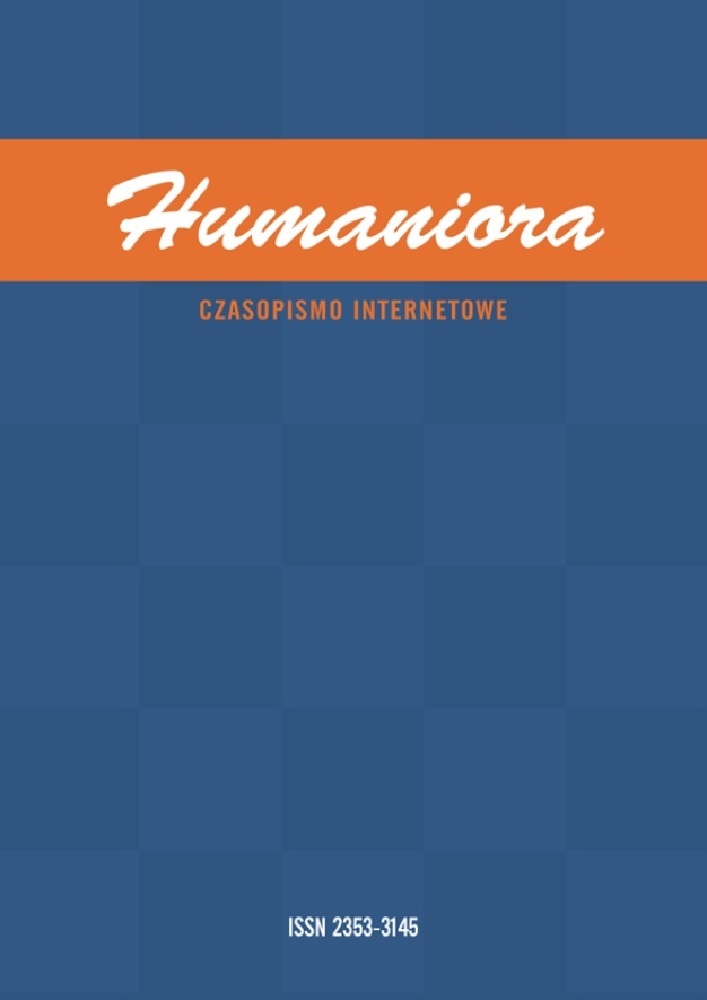Abstrakt
For quite a long time it was considered that it is the easiest to build democracy through the exclusion of religion and all religious content from the public sphere. This separation resulted in the crisis of religion that we experience nowadays and the degradation of democracy. The article is an attempt to rethink these relationships. It is pointed out that such a postulated separation, the exclusion of religion from the formation of the public sphere and participation in democracy, leads in this area to the subordination of everything to the majority rule, while with respect to religion per se to a dangerous religious fundamentalism. Religion provides the information that democracy cannot be limited only to institutions, procedures and the majority rule, but must also be rooted in the rules of law, the principle of justice and values. Religion is also important with respect to the condition of a democratic state and the fate of democracy. Democracy, on the other hand, is also of significant importance with regard to religion because it protects it from destructive fundamentalism.
Bibliografia
Bocheński J.M., Dzieła zebrane, t. VI: Religia, Philed, Kraków 1995.
Ellul J., Anarchia i chrześcijaństwo, tłum. J. Gru, A. Dudra, Oficyna Wydawnictwa Bractwa „Trojka”, Kraków 2015.
Habermas J., Ein Bewusstsein von dem, was fehlt, „Neue Züricher Zeitung” 10.02.2007.
Jan Paweł II, Evangelium Vitae, 1995, nr 70.
Kołakowski L., Niepewność epoki demokracji, Znak, Kraków 2014.
Lehmann K., Fundamentalismus als Versuchung, w: Wirtschaftsordnung und Fundamen¬talismus, red. G. Schick, Stiftung Marktwirtschaft, Köln 2003.
Leisner W., Gott und Volk. Religion und Kirche in der Demokratie. Vox Populi – Vox Dei?, Duncker & Humblot, Berlin 2008. DOI: https://doi.org/10.3790/978-3-428-52801-1
Mill J.S., Utylitaryzm. O wolności, tłum. M. Ossowska, A. Kurlandzka, PWN, Warszawa 1959.
Nancy J.-L., Skończoność i nieskończoność demokracji, w: G. Agamben, A. Badiou, D. Bensaïd, W. Brown, J.-L. Nancy, J. Rancière, K. Ross, S. Žižek, Co dalej z demokracją?, tłum. M. Kowalska, Książka i Prasa, Warszawa 2012.
Ratzinger J., Demokratyzacja Kościoła?, w: J. Ratzinger, H. Maier, Demokracja w Kościele. Możliwości i ograniczenia, tłum. M. Labiś, Salwator, Kraków 2004.
Runciman D., Jak kończy się demokracja, tłum. Sz. Żuchowski, Biblioteka Kultury Liberalnej, Warszawa 2019.
Sloterdijk P., Gniew i czas. Esej polityczno-psychologiczny, tłum. A. Żychliński, Scholar, Warszawa 2011.
Weil S., Anmerkung zur generellen Abschaffung der politischen Parteien, Diaphanes Verlag, Zürich 2009.
Wilson E., O naturze ludzkiej, tłum. B. Szacka, Zysk i S-ka, Warszawa 1988.
Licencja

Utwór dostępny jest na licencji Creative Commons Uznanie autorstwa – Bez utworów zależnych 4.0 Międzynarodowe.
Czasopismo oraz wszystkie zamieszczone w nim materiały są powszechnie dostępne i mogą być wykorzystywane do celów naukowych, edukacyjnych, poznawczych i niekomercyjnych bez konieczności uzyskiwania każdorazowej zgody autorów i redakcji. Nadesłanie artykułu do publikacji traktowane jest jako zgoda autora na udostępnienie swojej pracy i informacji w niej zawartych do powyżej wymienionych celów. W takich przypadkach należy jedynie wskazać źródło, z którego zaczerpnięte zostały informacje. Pobieranie opłat za dostęp do materiałów zawartych w czasopiśmie lub ograniczanie do niego dostępu jest zabronione.
Przesyłane do redakcji teksty muszą stanowić oryginalne prace, uprzednio nigdzie niepublikowane ani nie przedkładane innym redakcjom lub wydawcom. Autorzy nadsyłanych artykułów ponoszą odpowiedzialność za uzyskanie zezwoleń na publikowanie materiałów, do których prawa autorskie są w posiadaniu osób trzecich. Publikacja materiałów chronionych prawem autorskim jest możliwa pod warunkiem uprzedniego dostarczenia przez autora do redakcji pisemnej zgody właściciela praw autorskich.





